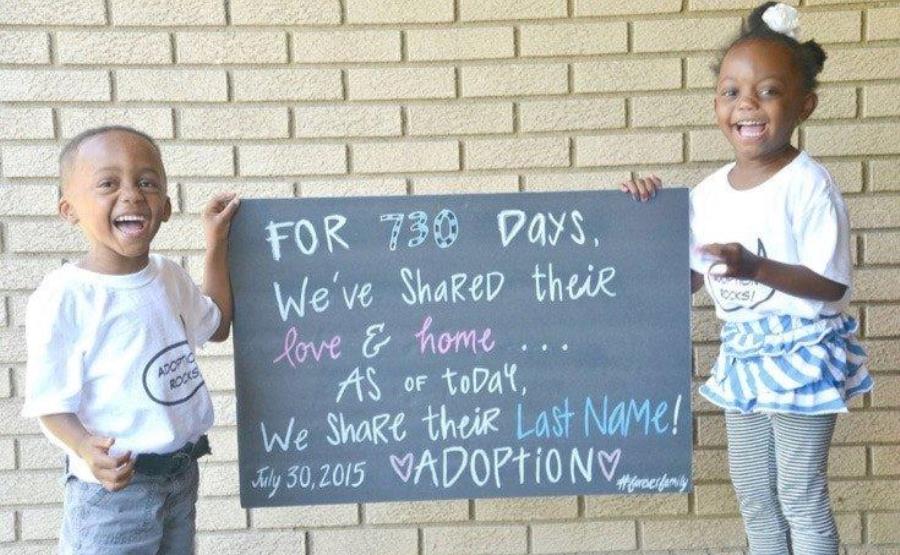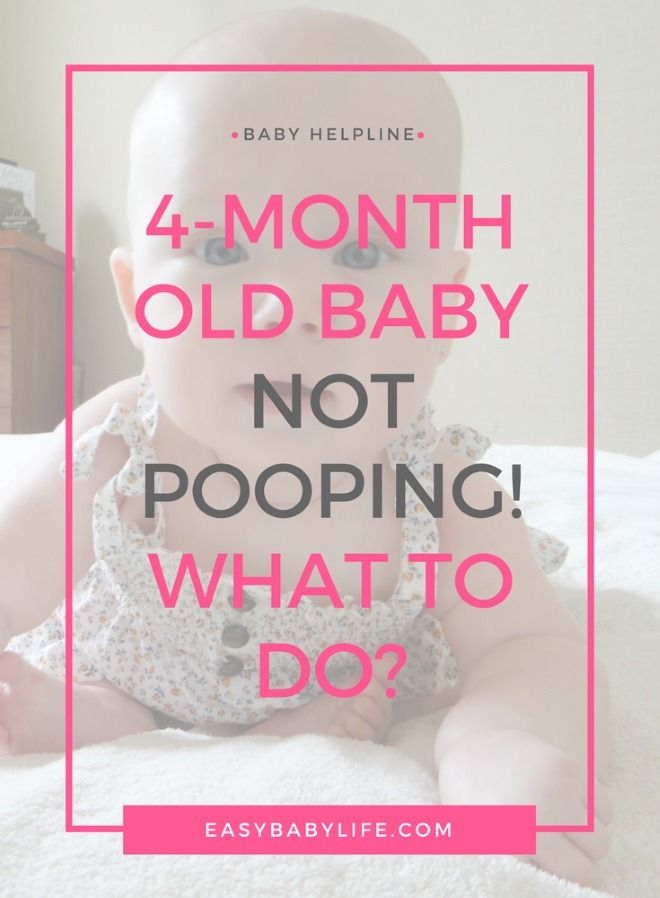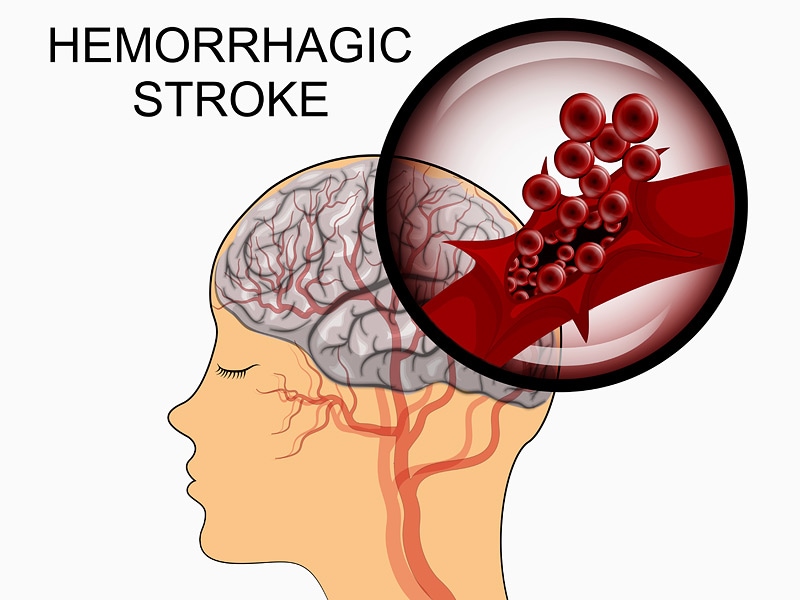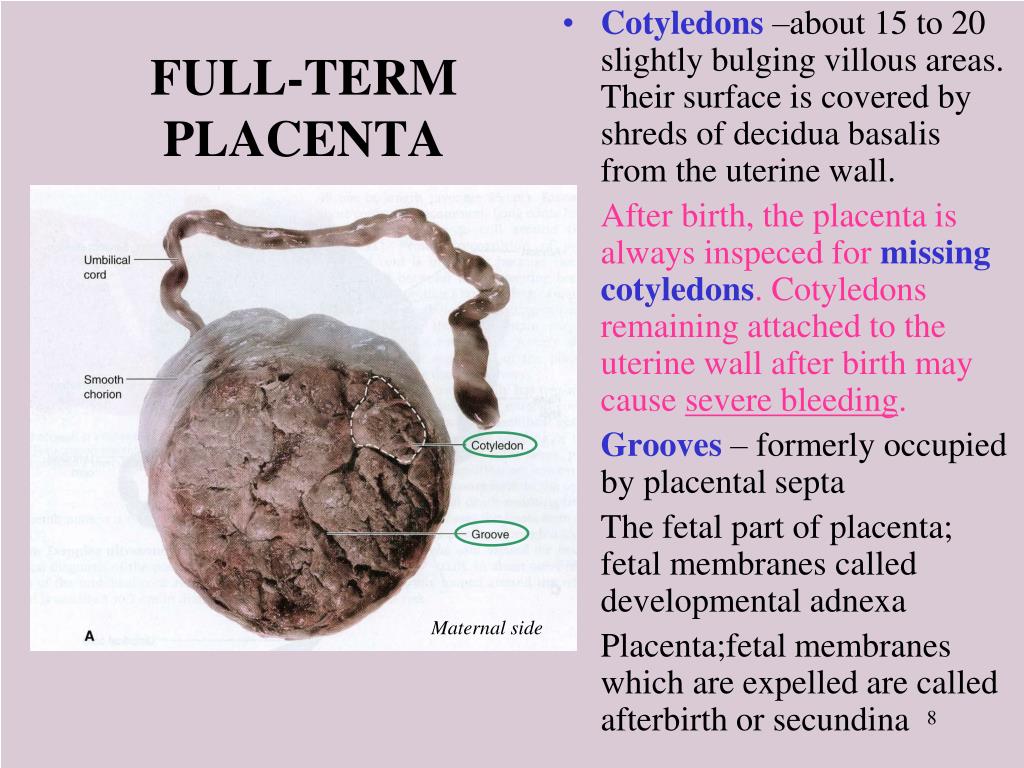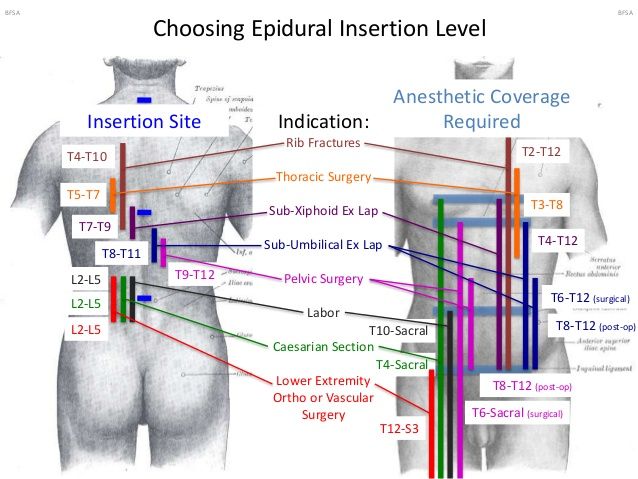Is it okay to have coffee while pregnant
Can pregnant women drink coffee? Learn about caffeine and pregnancy
Can pregnant women drink coffee? What about having other caffeinated beverages or foods? When it comes to caffeine and pregnancy, experts advise women to limit their intake to less than 200 milligrams per day, which is about one cup of coffee. It's a good idea to cut back on caffeine during pregnancy as much as you can, though, because even smaller amounts could affect your baby. Caffeine can add up fast in various foods and beverages, and different brands of coffee have very different amounts, so use our caffeine chart below to avoid getting too much.
Can pregnant women drink coffee?
The short answer is yes, pregnant women can drink coffee. However, it's important to watch your consumption of coffee, and caffeine overall, during pregnancy. Caffeine can affect your pregnancy and your baby in ways that aren't completely clear.
The American College of Obstetricians and Gynecologists (ACOG) advises pregnant women to limit their caffeine intake to less than 200 milligrams per day, which could be as little as one 8-ounce cup of coffee, depending on the brand. See the chart below to get an idea of how much caffeine is in different foods and drinks.
How much caffeine is safe during pregnancy?
Although the official recommendation is 200 mg or less a day, some experts believe that even moderate amounts of caffeine during pregnancy can introduce risks.
Previously, studies have linked high caffeine consumption (more than 200 mg a day) to babies being small for their gestational age or at risk for intrauterine growth restriction (IUGR). But researchers at the National Institutes of Health recently found that women who drank less than 200 mg of caffeine a day during pregnancy – as little as half a cup of coffee per day – had slightly smaller babies than non-caffeine drinkers.
Researchers noted that caffeine is believed to cause blood vessels in the uterus and placenta to constrict, which could reduce the blood supply to the fetus and inhibit growth. They also said that caffeine could potentially disrupt fetal stress hormones, putting infants at risk for rapid weight gain after birth and for obesity, heart disease and diabetes later in life.
However, other studies have found no link between moderate caffeine consumption in pregnancy (less than 200 mg a day) and problems such as low birth weight, IUGR, miscarriage, or premature birth. That's why moderate caffeine consumption during pregnancy gets the okay from most ob-gyns and midwives.
Still, because the research isn't settled, it's a good idea to limit your caffeine consumption as much as possible during pregnancy, and to stay within the recommended 200-mg-a-day limit.
Effects of caffeine during pregnancy
When you drink a cup of coffee, caffeine crosses the placenta into the amniotic fluid and your baby's bloodstream. While your body goes to work metabolizing and getting rid of the caffeine, your baby's body is still developing and takes a much longer time to process the caffeine. As a result, your baby is exposed to the effects of caffeine for much longer than you are.
Even if caffeine doesn't usually cause problems for you, you may find that it doesn't agree with you during pregnancy. It's a stimulant, so it can raise your heart rate and blood pressure. Plus, it can make you feel jittery and cause insomnia. Caffeine can exacerbate pregnancy issues like heartburn and frequent urination, too.
It's a stimulant, so it can raise your heart rate and blood pressure. Plus, it can make you feel jittery and cause insomnia. Caffeine can exacerbate pregnancy issues like heartburn and frequent urination, too.
Advertisement | page continues below
The effects of caffeine may be more noticeable as your pregnancy progresses. That's because your body's ability to break down caffeine slows, so you end up with a higher level of it in your bloodstream. During the second trimester, it takes almost twice as long to clear caffeine from your body as when you're not pregnant. During the third trimester, it takes nearly three times as long. This can also mean that more caffeine crosses the placenta and reaches your baby, who can't process it efficiently.
There's one more reason to cut back on coffee and tea, whether it's caffeinated or not. These beverages contain compounds that make it harder for your body to absorb iron. This is important because many pregnant women are already low on iron.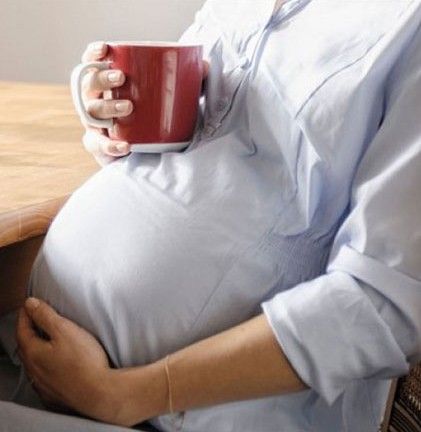 If you have coffee or tea, drink it between meals so it'll have less of an effect on your iron absorption.
If you have coffee or tea, drink it between meals so it'll have less of an effect on your iron absorption.
Wondering when you can get back to enjoying your regular caffeine habit? It depends. Some caffeine can cross to your baby in breast milk, which is why it's also a good idea to limit caffeine if you're breastfeeding, especially for the first few months.
Which foods and beverages contain caffeine?
Caffeine is in a lot more things than just coffee, and the amount of caffeine varies widely among products, and even among brands. Pay attention to the kinds of foods and drinks you're having throughout the day (and how much of them) so you can be aware of how much caffeine you're really consuming.
To manage your caffeine intake, you'll need to be aware of all sources, like tea, soft drinks, energy drinks, chocolate, and coffee ice cream. Caffeine also shows up in herbal products and over-the-counter medications, including some headache, cold, and allergy remedies. Read labels carefully.
Read labels carefully.
The amount of caffeine in a serving of coffee varies widely, depending on the type of bean, how it's roasted, how it's brewed – and, obviously, on the size of the cup. (Although espresso contains more caffeine per ounce, it's served in a tiny cup. So a full cup of brewed coffee will actually deliver more caffeine.)
Amount of caffeine in common foods and beverages
| Coffee | Amount | Caffeine |
|---|---|---|
| coffee, generic | 8 oz | 95-200 mg |
| coffee, McDonalds | 16 oz | 145 mg |
| coffee, Peets | 16 oz | 260 mg |
| coffee, Starbucks | 16 oz | 260-360 mg |
| coffee, Dunkin' | 14 oz | 210 mg |
| caffe Americano, Starbucks | 16 oz | 225 mg |
| coffee, Dunkin' cold brew | 14 oz | 260 mg |
| coffee, Starbucks iced | 16 oz | 165 mg |
| caffe latte, Starbucks | 16 oz | 150 mg |
| espresso, Starbucks | 1. 5 oz (1 shot) 5 oz (1 shot) | 150 mg |
| flat white, Starbucks | 12 oz | 130 mg |
| espresso, generic | 1 oz (1 shot) | 64 mg |
| Nespresso capsules | 1 | 60 mg |
| coffee, generic instant | 8 oz | 75 mg |
| coffee, Starbucks decaffeinated | 16 oz | 25 mg |
| coffee, generic decaffeinated | 8 oz | 2-15 mg |
| Tea | Amount | Caffeine |
|---|---|---|
| chai latte, Starbucks | 16 oz | 95 mg |
| black tea, brewed | 1 bag | 55-95 mg |
| green tea, brewed | 1 bag | 45-95 mg |
| black tea, decaffeinated | 1 bag | <5 mg |
| Tazo Iced Black Tea | 14 oz | 31-45 mg |
| Honest T Organic Just Black T | 17 oz | 86 mg |
| Snapple Lemon Tea | 16 oz | 37 mg |
| Lipton Lemon Iced Tea | 17 oz | 21 mg |
| Soft drinks | Amount | Caffeine |
|---|---|---|
| Pepsi Zero Sugar | 12 oz | 69 mg |
| Mountain Dew | 12 oz | 54 mg |
| Diet Coke | 12 oz | 46 mg |
Dr. Pepper Pepper | 12 oz. | 41 mg |
| Pepsi | 12 oz | 38 mg |
| Diet Pepsi | 12 oz | 36 mg |
| Coca-Cola Classic | 12 oz | 34 mg |
| Cherry Coke | 12 oz. | 34 mg |
| Barq's Root Beer | 12 oz | 22 mg |
| 7-Up | 12 oz | 0 mg |
| Sierra Mist | 12 oz | 0 mg |
| Sprite | 12 oz | 0 mg |
| Energy drinks | Amount | Caffeine |
|---|---|---|
| Red Bull | 8.5 oz | 80 mg |
| Mountain Dew Amp Original | 16 oz | 142 mg |
| 5-Hour Energy Regular | 1.9 oz | 200 mg |
| Monster Energy | 16 oz | 160 mg |
| Rockstar Energy Original | 16 oz | 160 mg |
| Starbucks Doubleshot Energy | 15 oz | 135 mg |
| Vitaminwater Energy Tropical Citrus | 20 oz | 50 mg |
| Desserts | Amount | Caffeine |
|---|---|---|
| Hershey's Special Dark chocolate | 1 bar | 20 mg |
| Hershey's milk chocolate | 1 bar | 9 mg |
| Ben & Jerry's coffee ice cream | 2/3 cup | 65 mg |
| Dreyer's or Edy's coffee ice cream | 2/3 cup | 14 mg |
| hot cocoa mix | 8 oz | 1-3 mg |
| chocolate milk | 8 oz | 5-8 mg |
Ways to cut back on caffeine during pregnancy
While there are good reasons to cut back on caffeine during pregnancy, it's not always easy. Your desire for a morning cup of joe might evaporate during the first trimester when morning sickness strikes, only to return full-strength later in pregnancy. Or, you may always have a hankering for your usual caffeinated pick-me-ups. Consider some of these tips to help you have a low-caffeine pregnancy:
Your desire for a morning cup of joe might evaporate during the first trimester when morning sickness strikes, only to return full-strength later in pregnancy. Or, you may always have a hankering for your usual caffeinated pick-me-ups. Consider some of these tips to help you have a low-caffeine pregnancy:
- Ease off gradually - If you're a devoted coffee lover, tea aficionado, or cola fan, caffeine withdrawal probably won't be easy. To lessen symptoms – which can include headaches, irritability, and lethargy – ease off gradually (but get under that 200-mg daily limit as soon as you can).
- Try mixtures for less caffeine - You may want to start by mixing decaf with your regular coffee, gradually increasing the ratio of decaffeinated to caffeinated. Or use more milk and less coffee. At home, try using a smaller amount of ground coffee (or tea leaves), or brewing for a shorter time. Letting a tea bag steep for just one minute instead of five reduces the caffeine by as much as half.
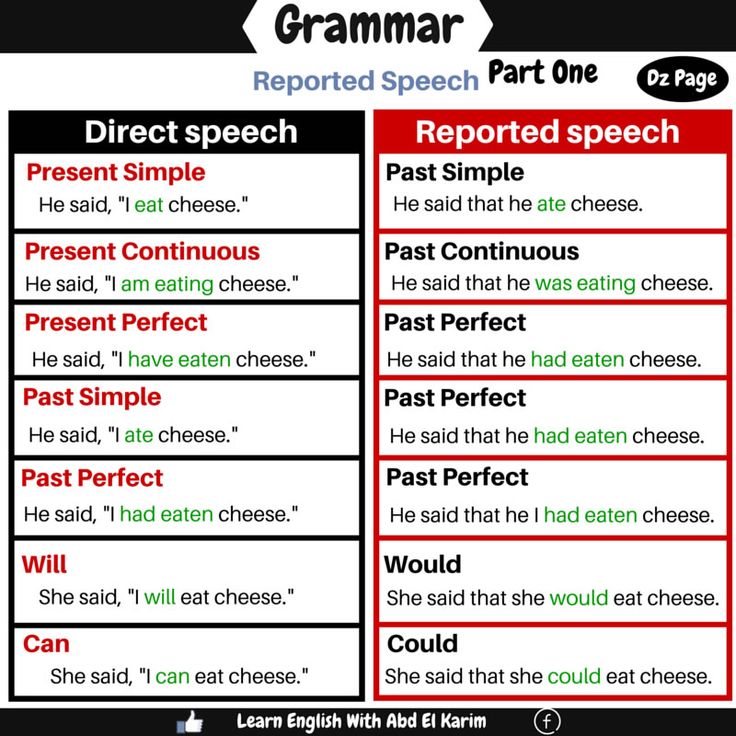
- Switch to decaf - Consider making the switch, at least for your second cup of coffee or tea. (Decaffeinated beverages may contain some caffeine, but it's usually a small amount.)
- Seek other sources of energy - Do your best to get plenty of sleep at night, go to bed early, and take rests throughout the day when you can. Eat well and exercise – even mild exercise can give you an energy boost.
Although herbal teas often have no caffeine, check with your healthcare provider before drinking them. A cup of peppermint or ginger tea is fine, but some herbal teas aren't safe for pregnancy.
Was this article helpful?
Yes
No
Drinking caffeine while pregnant impacts child's height: Study
Editor’s Note: Sign up for CNN’s Eat, But Better: Mediterranean Style. Our eight-part guide shows you a delicious expert-backed eating lifestyle that will boost your health for life.
Our eight-part guide shows you a delicious expert-backed eating lifestyle that will boost your health for life.
CNN —
Starting the day with a hot cup of caffeinated coffee or tea may sound divine to some, but it could have negative impacts for the children of people who are pregnant, according to a new study.
Children who were exposed to small amounts of caffeine before birth were found on average to be shorter than the children of people who did not consume caffeine while pregnant, according to the study published Monday in JAMA Network Open.
Children of parents who consumed caffeine while they were in the womb were shown to be shorter in stature at age 4 than those whose parents did not — and the gap widened each year through age 8, according to lead author Dr. Jessica Gleason, a perinatal epidemiologist.
“To be clear, these are not huge differences in height, but there are these small differences in height among the children of people who consumed caffeine during pregnancy,” said Gleason, who is a research fellow at Eunice Kennedy Shriver National Institute of Child Health and Human Development.
The American College of Obstetricians and Gynecologists currently recommends limiting caffeine consumption to less than 200 milligrams per day while pregnant.
Pregnant woman drinking coffee. Aerial close up view.
Dejan_Dundjerski/iStockphoto/Getty ImagesCaffeine consumption not safe during pregnancy, new study says. Some experts disagree
For context, a mug of caffeinated tea typically has about 75 milligrams of caffeine, a mug of instant coffee has about 100 milligrams and a mug of filtered coffee has about 140 milligrams, according to the Cleveland Clinic. And even chocolate has about 31 milligrams of caffeine.
But the differences found in the most recent study were found even in the children of parents who drank less than half a cup of coffee per day while pregnant — well below the current guidelines, Gleason said.
It’s not clear whether this study effectively shows causation between maternal caffeine consumption and child height, according to Dr. Gavin Pereira, a professor of epidemiology and biostatistics at Curtin University in Australia. Pereira was not involved in the study.
“The correlation observed in this study can be explained by the existence of a common cause of both caffeine consumption and growth restriction e.g., poverty, stress, and dietary factors,” said Pereira in a statement to the Science Media Centre.
Even small amounts of caffeine may impact a fetus in utero, accoring to the study.
Maksym/Adobe StockIf shorter height in early childhood were to persist into adulthood, there would be a chance those children could face the risk of poor cardiometabolic outcomes, such as heart disease and diabetes, which are associated with smaller stature.
Consuming caffeine is routine for many of us — this expert explains a few things we should know about it.
Bryan Thomas/Getty ImagesWhen to stop drinking caffeine to get a good night's sleep
But there is still no way to know if the difference would persist into adulthood, and studies like this that focus on population outcomes are no reason for individual families to panic, Gleason said.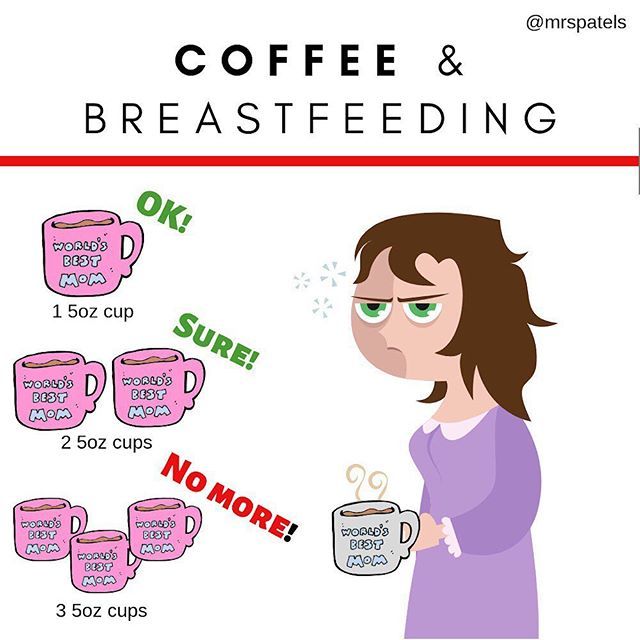
These population-level trends should instead be taken together with other research for organizations to reassess their recommendations, Gleason said.
In the past, there were inconsistent studies regarding whether consuming caffeine during pregnancy impacted the fetus, but the evidence has come together in recent years, Gleason said.
A 2015 meta-analysis that reviewed all of the existing research found there is a dose response association between consumption of caffeine and smaller birth size. And a 2020 study revealed there is no safe level of caffeine for a developing fetus.
And a 2020 study revealed there is no safe level of caffeine for a developing fetus.
Even without the panic that Gleason cautioned against, some people might want to cut back on caffeine — and then find that it’s easier said than done.
Remember, caffeine is found in coffee, tea, soft drinks, energy drinks and shots, as well as cocoa and chocolate. It’s also present in fortified snack foods, some energy bars and even some pain medications. (For a more extensive list of caffeine content from various sources, check the chart from the Center for Science in the Public Interest.)
The caffeine 'detox': How and why to cut back on your daily fix
A 2016 Johns Hopkins University study found that it was helpful when individuals identified situations or moods in which they are most likely to crave caffeine so they could avoid situations that trigger cravings, especially during the first few weeks of modifying caffeine use. Caffeine drinkers could also have a plan for when cravings occur, like taking a five-minute relaxation break involving deep-breathing exercises.
Remember to always discuss any major lifestyle or dietary changes with your health care provider first, as changes may affect your mood or medical conditions.
Coffee and pregnancy - Medical Center "Materna"
Today we will talk about a delicious drink that is loved by millions of women and men. I think everyone guessed that we will talk about coffee.
I think everyone guessed that we will talk about coffee.
So: coffee and pregnancy. Does drinking coffee harm the unborn baby or mother? If yes, then what?
Pregnant women ask their doctors, mothers, and friends such questions every day, and often receive rather diametrical answers. In fact, there are divergent opinions regarding the safety of drinking coffee during pregnancy. One of the most common is the belief that drinking coffee leads to the birth of children with a lower body weight and increases the likelihood of spontaneous miscarriages, especially in the first 12 weeks of pregnancy.
Let's try to figure out where the truth is.
In order to get answers to the questions raised, various studies have been and continue to be conducted in the world for a long time on the effect of coffee on the course of pregnancy and the condition of the fetus. The latest recommendations from the American College of Obstetricians and Gynecologists (which, by the way, are used not only by doctors in North America, but also in Europe and Australia), indicate that in the case of 200 mg of caffeine per day, the level of spontaneous miscarriages and premature births does not increase. The indicated amount of caffeine - 200 mg - is found in 2 cups of strong coffee or 3 cups of instant coffee.
The indicated amount of caffeine - 200 mg - is found in 2 cups of strong coffee or 3 cups of instant coffee.
Another recent study by Danish scientists has also shown that coffee is safe for pregnant women. Moreover, according to the results of their observations, the number of cups of coffee that will not have a negative impact on the course of pregnancy and the health of the fetus is 3 cups per day.
At the same time, American experts from the National Institutes of Health express a slightly different point of view. According to them, drinking 2 or more cups of coffee a day can increase not only the risk of spontaneous miscarriages, but also affect the likelihood of conception. Therefore, they recommend not to abuse caffeine not only during pregnancy, but also during its planning.
Is decaffeinated coffee actually safer?
By the way, there is an opinion that in order to avoid the harmful effects of caffeine, it is better to consume decaffeinated coffee.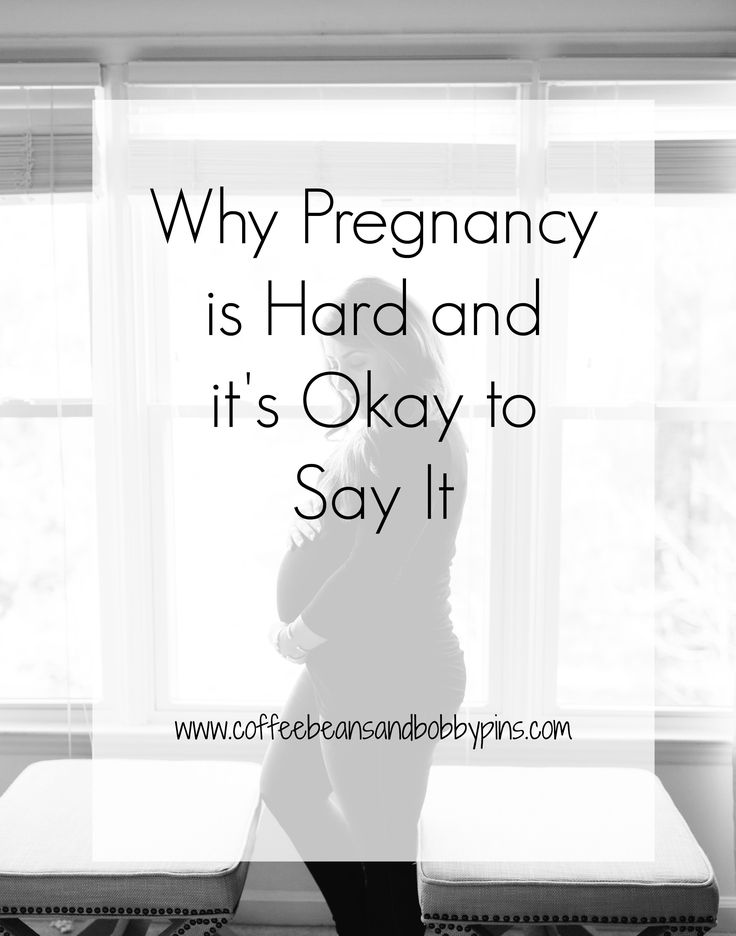 At first glance, a logical way out of the situation. However, a small but large-scale study suggests that women who consume 3 or more cups of this drink, the frequency of spontaneous miscarriages is more than 2 times higher than those who drink regular coffee. Another large study showed that it was decaffeinated, rather than natural coffee, that increased the risk of cardiovascular disease. Well, and finally, it should be noted that decaffeinated coffee is chemically processed coffee, which is fundamentally not a healthy drink.
At first glance, a logical way out of the situation. However, a small but large-scale study suggests that women who consume 3 or more cups of this drink, the frequency of spontaneous miscarriages is more than 2 times higher than those who drink regular coffee. Another large study showed that it was decaffeinated, rather than natural coffee, that increased the risk of cardiovascular disease. Well, and finally, it should be noted that decaffeinated coffee is chemically processed coffee, which is fundamentally not a healthy drink.
Coffee and hypotension during pregnancy
Let me draw your attention to this fact: in the first 12 weeks of pregnancy, women often experience hypotension - low blood pressure. This is manifested by increased fatigue, periodic moderate headache, deterioration in general well-being, sometimes very significant.
So what do you do when your blood pressure is low and coffee might help you feel better? And what about pregnant women who do not want to part with their favorite drink during pregnancy? After all, you just heard some pretty good opinions about drinking coffee during pregnancy.
So what do we conclude?
I think that in this situation the attitude towards your favorite drink can be formulated as follows:
- Limit coffee consumption to two cups a day, if earlier their number was noticeably large.
- Make coffee less strong than usual.
- Replace coffee with some other drinks - juices, water, compotes.
- Learn to control your actions and desires - during pregnancy, such a skill will be very useful to you.
- Avoid decaffeinated coffee.
- Drink coffee to raise blood pressure only when you are sure that it is actually lower than usual.
That's it.
Let your pregnancy be comfortable!
Can pregnant women drink coffee? TEA.RU
Coffee is, without a doubt, one of the most popular beverages that people drink almost all over the world. This is an axiom that does not require proof. For many of us, coffee has long become a tradition, and for some, it is an integral part of our lifestyle. There are people among us who cannot imagine the morning without a cup of strong aromatic drink. If we don’t get the “next dose” of caffeine in the morning, it seems to us that the world around us has lost its colors, the mood is hopelessly spoiled, and in general the day didn’t work out initially.
There are people among us who cannot imagine the morning without a cup of strong aromatic drink. If we don’t get the “next dose” of caffeine in the morning, it seems to us that the world around us has lost its colors, the mood is hopelessly spoiled, and in general the day didn’t work out initially.
According to statistics, women drink coffee more often than the strong half of humanity. And then the day comes when a woman finds out that she is pregnant. For many, the question immediately arises as to whether it is possible to drink coffee during pregnancy, how an invigorating drink can affect the health of the child and mother. Is it possible to drink coffee during pregnancy - this is a rather difficult question that has long been of concern to scientists around the world. Opinions on this matter are very different, many scientists study the use of coffee during pregnancy. Unfortunately, there is still no clear answer to this question. But there are certain studies, the data of which will help to understand this issue.
If we delve deeper into this problem, there are many more questions:
• Is it possible for pregnant women to drink natural coffee or is it better to give preference to an instant drink?
• What kind of coffee can pregnant women drink, and in what cases?
• Should coffee be avoided early in pregnancy or is it necessary later?
• If there is a ban on this drink, why not coffee during pregnancy?
• How much coffee can pregnant women, if the doctor allows?
And these are far from all the questions that a woman asks herself when she finds out about her “interesting position”. After all, many do not want to give up the morning charge of vivacity, but not a single woman would definitely want to harm the unborn baby, which is natural. So, pregnancy and caffeine - let's try to figure it out.
Coffee during pregnancy: yes or no
The question of whether it is possible to drink coffee during pregnancy can only be answered by a doctor who observes her. The fact is that coffee as such has some “contraindications”. Both in early pregnancy and later, and indeed for women, even if they are not in a “special position”, coffee is not useful if:
The fact is that coffee as such has some “contraindications”. Both in early pregnancy and later, and indeed for women, even if they are not in a “special position”, coffee is not useful if:
• history of chronic diseases of the gastrointestinal tract, such as gastritis, hyperacidity, peptic ulcer, and others;
• there is a tendency to high blood pressure, which is already characteristic of pregnant women due to natural physiological reasons;
• Pregnancy occurs during the hot summer months, as drinking caffeinated drinks can lead to dehydration.
• coffee in early pregnancy is contraindicated if a woman has early toxicosis, accompanied by dizziness and nausea;
• a lady "in position" was diagnosed with high cholesterol levels in the blood and in some other conditions.
Thus, drinking or not drinking coffee can be decided only after the pregnant woman is fully examined and registered for pregnancy. Timely early visit to the doctor is the key to the health of both mother and baby.
Examination will allow at the very beginning of the journey to choose the lifestyle that will be as healthy as possible and conducive to easy childbearing. The effect of coffee on pregnancy can be different, depending on the general health of the expectant mother and some other factors.
Can I drink instant coffee during pregnancy?
What is instant coffee? Good instant coffee is prepared using sublimation processes and other technologies from natural coffee. The result is a drink rich in micro and macro elements, beneficial nutrients and other compounds. This coffee has all the useful qualities of the original product, polished taste and aroma.
It is worth noting that instant coffee, in comparison with natural coffee, has a lower caffeine content. Accordingly, if there are no contraindications, then instant coffee is possible for pregnant women, but without much fanaticism. If 1 cup a day will not hurt the expectant mother and baby, then 5-6 cups of instant coffee during pregnancy are strongly not recommended by experts.
Natural coffee during pregnancy
According to research, natural coffee contains 30-40% more caffeine than its soluble counterparts. Because of this, natural coffee has a more pronounced effect on the nervous system of the human body, has a pronounced stimulating effect and can affect the development of the fetus.
Scientists have conducted a number of studies on the long-term effects of coffee on pregnancy. In the course of these studies, it was found that natural coffee during gestation affects the formation of certain brain structures, which can lead to behavioral abnormalities. Such deviations may not appear immediately, not in infancy, but at the age of 9-10 years.
This may be hyperactivity or even aggressive conduct of the child. There is also evidence that in the future a child whose mother abused caffeine-rich drinks during pregnancy is prone to the development of malignant hypertension and various metabolic disorders.
If the pregnancy proceeds without complications, and there are no additional contraindications, then natural coffee in a volume of up to 200 ml is acceptable and does not harm either the mother or the fetus. Can pregnant women drink coffee with milk? Definitely yes! And the more milk you add to your usual drink, the more benefit and less harmful effects on the body of the mother and fetus.
Can I drink decaffeinated coffee during pregnancy?
We have already said that there are cases when coffee during pregnancy is strictly contraindicated. In this case, many coffee drinkers mistakenly assume that decaffeinated coffee can be an alternative. Such a drink is in the assortment of almost every specialized store. Moreover, sellers often recommend such a product to women "in position."
Please note! Doctors do not categorically recommend using decaffeinated coffee, since, among other things, such a product contains substances in large enough quantities that are in no way useful when carrying a fetus:
• essential oils;
• fineness;
• resins;
• cafestol, etc.
These substances are able to very quickly "wash out" calcium from the body of a woman, which is so necessary for the formation of the bones of the fetal skeleton. Thus, decaffeinated coffee during pregnancy is not the best solution and not at all a harmless drink. Its amount should not exceed 1 cup per day if your doctor has allowed you.
When can pregnant women drink coffee?
In some cases, it is worth noting in fairness, pregnant women can drink coffee and a drink can even be useful. These are the cases when:
• the expectant mother has a low level of hemoglobin, which is confirmed by the results of laboratory tests;
• with confirmed iron deficiency anemia;
• with chronic hypotension, that is, if a pregnant woman has low blood pressure;
• there are some deviations in cardiac activity that require correction.
In this case, the ideal option is latte during pregnancy. It is better to cook it like espresso from a coffee machine, to which a large amount of natural milk is added, which replenishes the deficiency of calcium, potassium and other substances useful for the body of the pregnant woman and the fetus.
